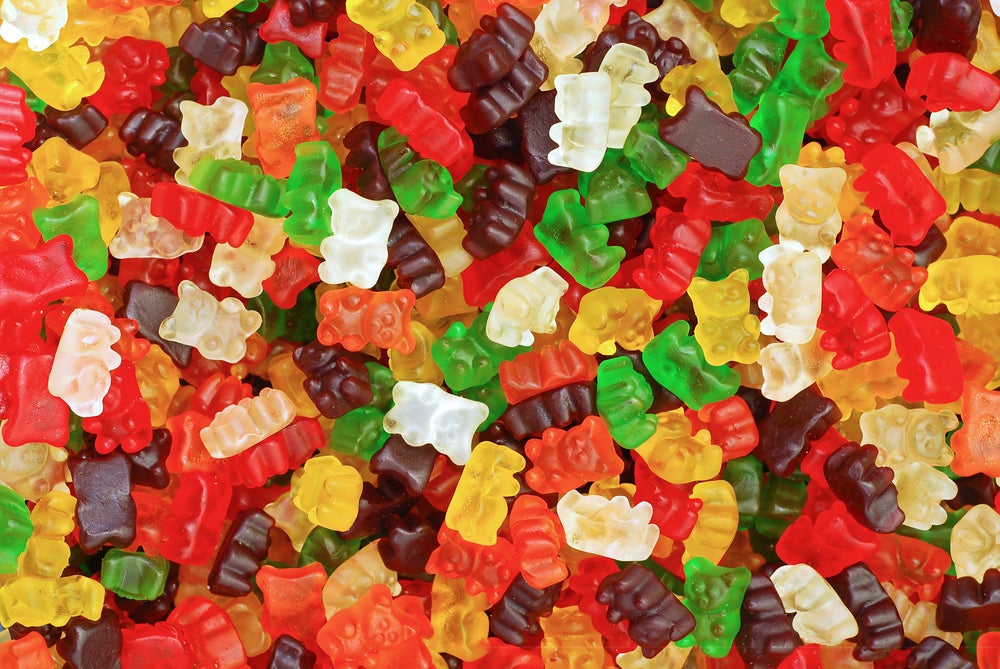Are Your Workouts Making You A Food Addict?

Photo: <a href=http://shutterstock.com>Shutterstock.com</a>
The way you fuel during workouts may make you more susceptible to overeating.
Do you find yourself unable to eat just one cookie, one piece of chocolate or one potato chip? You’re not alone. If it’s more than just being hungry after an intense workout, you may be a food addict. Like other addictions, overeating isn’t just not having the will or discipline to stop at just one.
Chemically treated and refined sugary foods, which are readily available as fast food or prepackaged foods, can trigger a response in the brain similar to that from drugs such as cocaine and heroin. These foods cause a chain of events in the central nervous system that give us a feeling of pleasure, which then reinforces the eating behavior. Certain individuals are more sensitive to the brain’s reactions of “addictive foods” and can more easily develop a cycle of bad eating habits. In a food addict, the pattern is a compulsive need for another high after a period of withdrawal, which is very similar to the pattern of alcoholics with drinking and drug addicts with drugs.
The End of Overeating author David Kessler, M.D., says rich, sweet or fatty foods stimulate the brain to release dopamine, the neurotransmitter associated with the pleasure center of the brain. Kessler believes food addicts have certain characteristics such as lack of impulse control and inability to stop once they get started. Dopamine affects brain processes that control movement, emotional response and ability to experience pleasure and pain. In other words, we can become conditioned to overeat simply by the foods we choose to eat. Other foods that trigger a food addiction include the proteins found in wheat (gluten) and milk.
RELATED: 4 Reasons You’re Not Losing Weight
A study in The Journal of Nature and Neuroscience tested rats consuming large amounts of high fat and calorie-dense foods. “Drugs such as cocaine, and eating too much junk food, both gradually overload the so-called pleasure centers in the brain,” says co-author Paul J. Kenny, Ph.D. “Eventually the pleasure centers ‘crash,’ and achieving the same pleasure—or even just feeling normal—requires increasing amounts of the drug or food.” This effect is seen not just in rats but humans as well.
Triathletes may be especially susceptible to eating addictive foods since they are regularly depleting their glycogen stores during workouts. Eating processed and sugary foods such as candy bars, gummy bears or cookies or drinking a Coke does provide fast replenishment during or after workouts while improving blood glucose or blood sugar. However, if you become programmed to always eat these foods after a workout versus more nutritious carbohydrates, you may become susceptible to eating more addictive foods on a regular basis.
If the cycle of choosing bad foods and overeating is impacting your ability to reach your health and fitness goals, you may be on the edge of a downward spiral. Because food is socially acceptable and a necessary part of everyday life, this addiction can be hard to acknowledge and break. Food addiction and overeating certain foods do not always mean that the individual is overweight or visibly unwell. Don’t forget that you can be thin or fit-looking and yet still be lacking nutrient-wise—a good diet is the basis of health as well as performance.
RELATED: Training And Racing With Whole Foods
Krista A. Schultz (Kristaschultz.com) is a triathlete, coach and exercise physiologist with her own metabolic testing business (Enduranceworks.net).